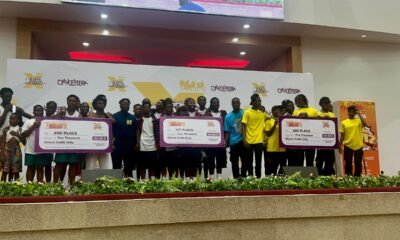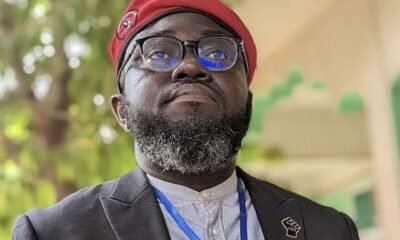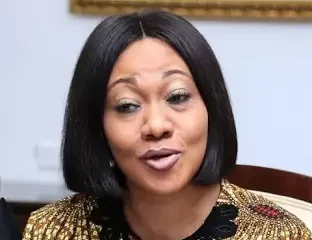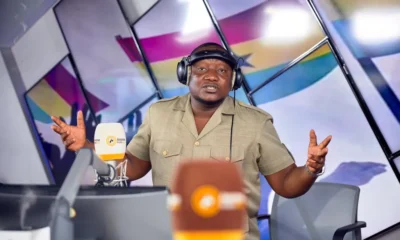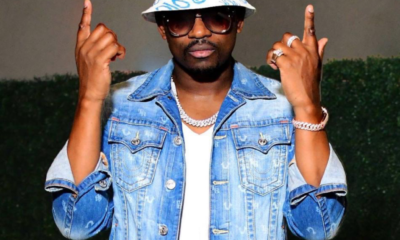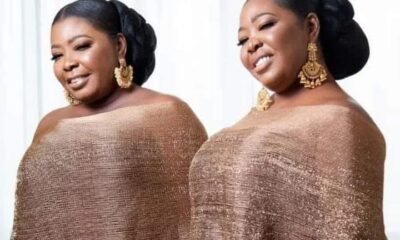News
Involve men in breast cancer conversations …Breast cancer advocate
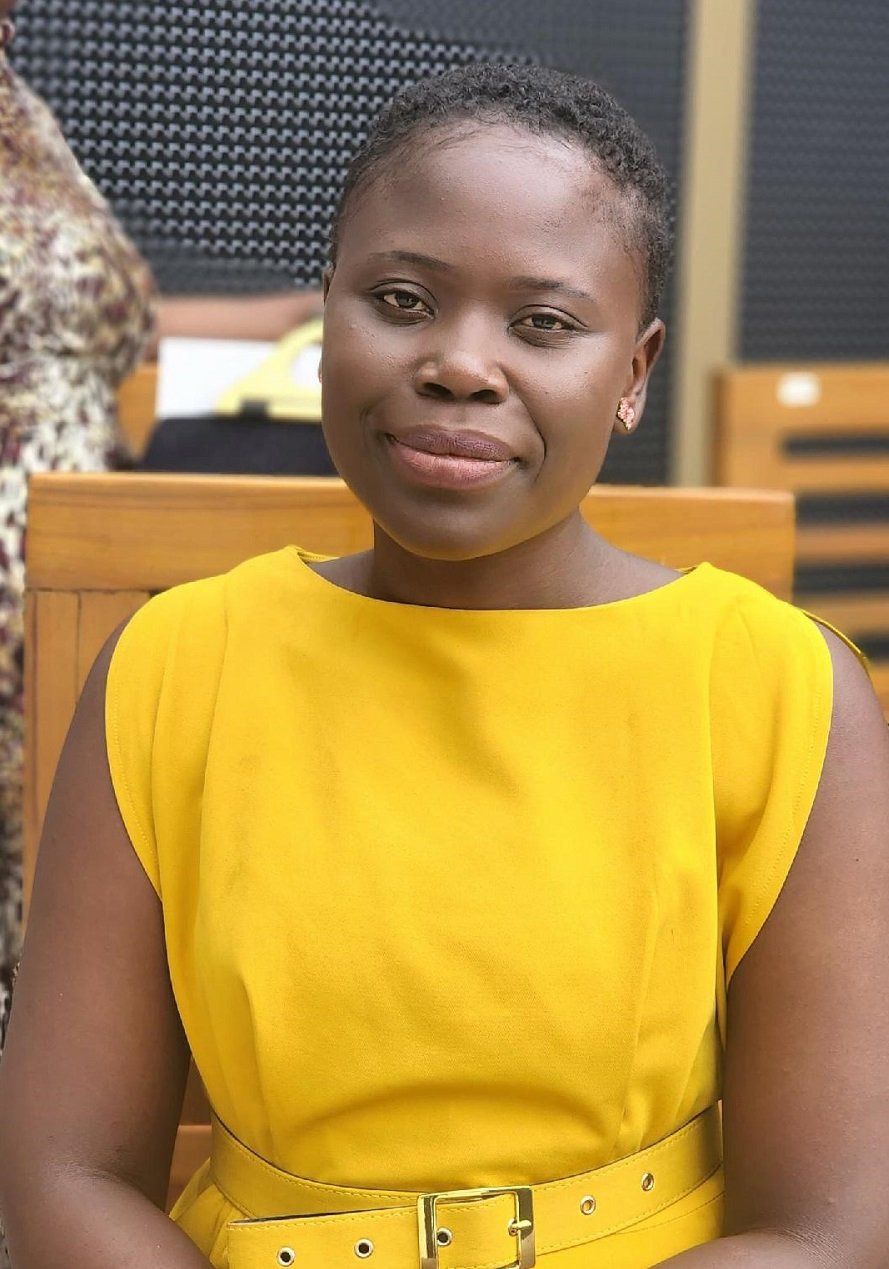
Raisa
A Journalist and breast cancer advocate, Ms Raissa Sambou, has called for the inclusion of men in breast cancer conversations.
She said men play a crucial role in breast cancer conversations, not only because they can be affected by the disease themselves but also because they can help their partners detect early signs.
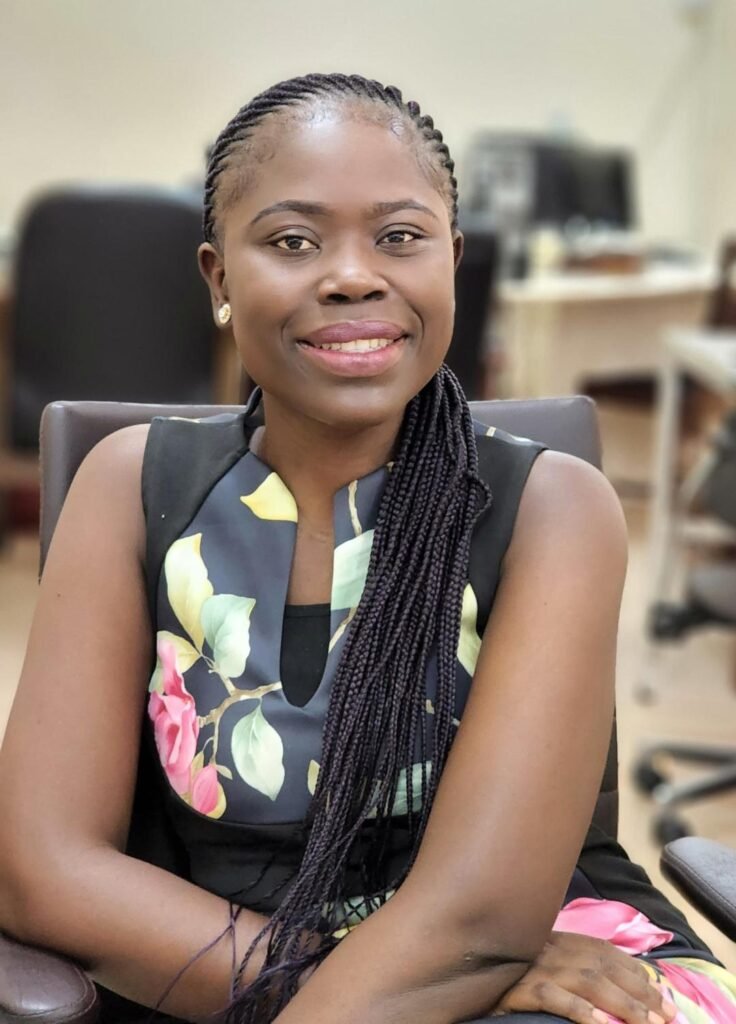
The inclusion of men in the conversation has dominated discussion on the disease during an ongoing door-to-door campaign to raise awareness on breast cancer in rural communities, focusing on both men and women who often lack access to healthcare information and treatment.
Ms Sambou, a breast cancer survivor, told The Spectator that her campaign aims to educate people in an underserved areas on early detection and prevention.
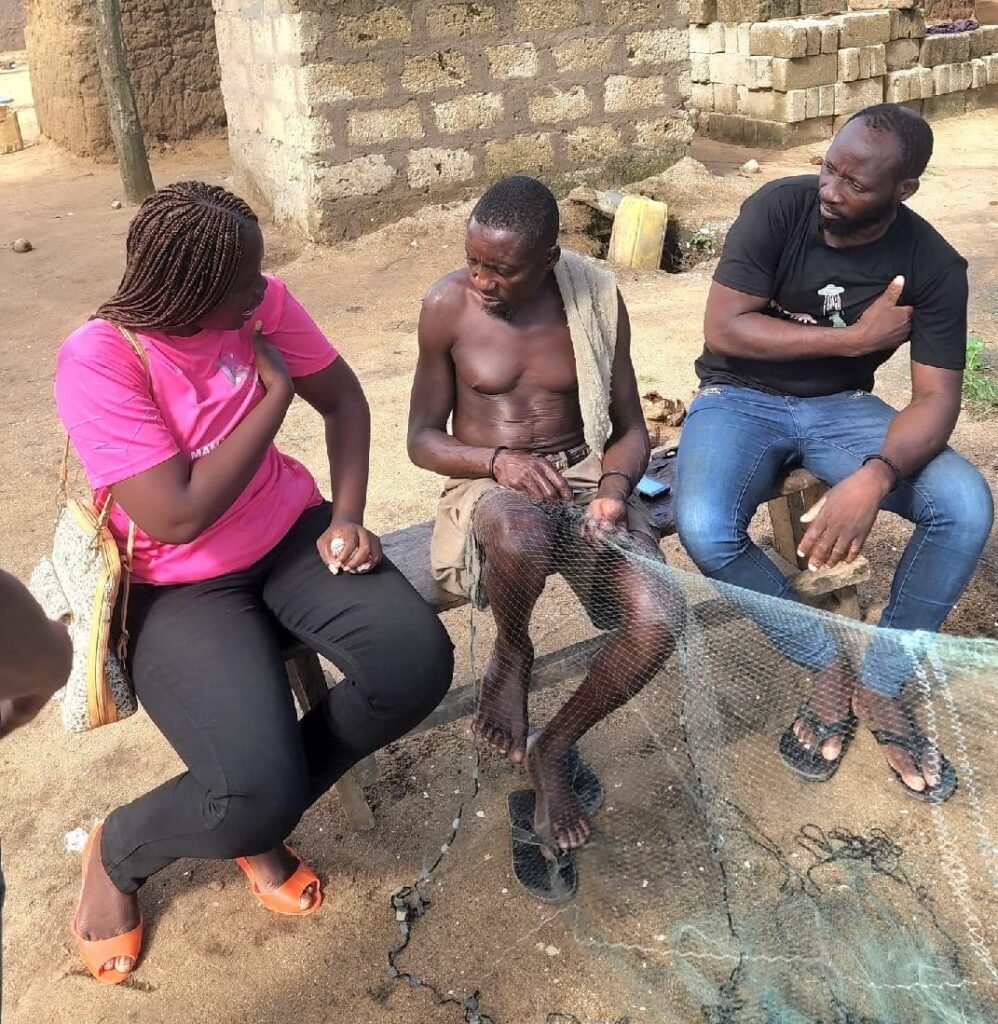
According to Ms Sambou, by encouraging and reminding women to perform regular self-breast examinations, men can support early detection, which is key to successful treatment.
“Unfortunately, there have been instances where men have distanced themselves from their wives or engaged in infidelity following breast cancer treatments, particularly when it involves the loss of a breast.
“Through education, these situations can be minimised, as men learn to be more empathetic and supportive, understanding the physical and emotional toll the disease takes on their partners,” she explained.
Educating men on these issues fosters stronger familial bonds and helps reduce stigma and misconceptions surrounding breast cancer.
“Men should not be excluded from breast cancer conversations because they can also be affected by the disease,” she said.
Additionally, she noted that when a woman is diagnosed with breast cancer, the entire family is impacted, hence the need for men to be educated on how they can provide emotional and practical support during such difficult times.
Through her initiative, dubbed ‘The Raissa Child Protection Initiative,’ the award winning journalist advocates for the wellbeing of children by empowering their parents to take better care of them.
“If parents are not healthy, they cannot care for their children,” she noted, stressing the importance of health in child protection efforts.
She revealed that the campaign, which began in Tomefa, a fishing community in the Ga South Municipality, also seeks to dispel the misconceptions surrounding breast cancer in rural areas, where fear and stigma often prevent early treatment.
Ms Sambou states that the initiative was to expand to parts of the Eastern and Central regions, with the goal of improving awareness and saving lives in areas where access to healthcare is limited.
She also underscored the importance of adopting a preventive approach to managing chronic health issues, especially given the limited resources at many healthcare facilities in Ghana.
She also expressed concern that rural residents often have to travel long distances across regions to access basic medical services like mammograms and CT scans.
This, Ms Sambou noted, contributes to the high number of undiagnosed cancers and late-stage diagnoses, which severely impact treatment outcomes.
She further lamented that even in cases of early detection, the lack of adequate cancer treatment equipment in the country often hampers patient survival.
At the Korle Bu Teaching Hospital, the nation’s largest referral centre, she explained that only two radiotherapy machines serve hundreds of patients, forcing many to wait for months before receiving treatment.
“My campaign is not only focused on awareness but also on advocacy for improved healthcare infrastructure, especially in rural communities, to ensure that early detection leads to timely and effective treatment,” she added.
By Jemima Esinam Kuatsinu
News
Barker-Vormawor granted GH¢20K bail after three-week detention
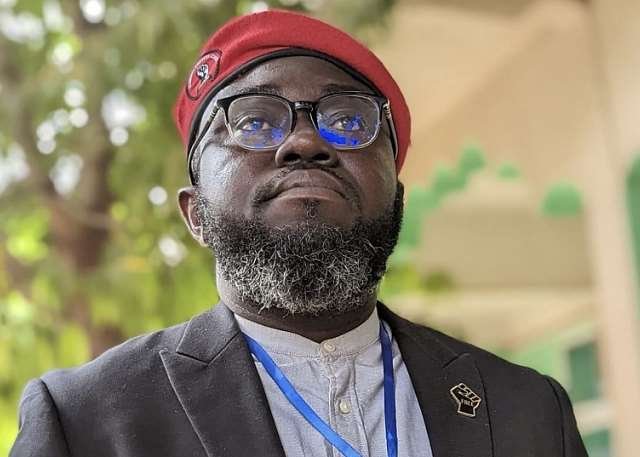
Convener of the Democracy Hub protest, Oliver Barker-Vormawor has been granted bail to the tune of GH¢20,000 with two sureties.
Barker-Vormawor was arrested along 52 others on Monday, September 23, 2024 and charged for allegedly causing public disturbances during the Democracy Hub protest
He is expected to report to the police twice a week.
He has been charged with counts of stealing, unlawful assembly, unlawful damage, assault on a public officer and offensive conduct conducive to the breach of peace.
He was denied bail by the Accra Circuit Court and further remanded by the High Court when his lawyers appealed the Circuit Court’s ruling.
The High Court judge, who was concerned whether Barker-Vormawor will not commit another offence if granted bail, as he already was on bail for treason felony charges at the time of the alleged offences, warned to grant bail if prosecution fails to commence the trial.
Barker-Vormawor’s lawyers thus repeated the bail application at the High Court, which was granted.
Source: Citinewsroom.com
News
The Electoral Commission of Ghana (EC) has reiterated that its mandate is not to determine or appoint the country’s president.

During a live broadcast of the Inter-Party Advisory Committee (IPAC) meeting on Tuesday, October 15, 2024, EC Chairperson Madam Jean Mensa emphasised that the Commission’s sole responsibility is to declare the choice of the voters, not to influence the outcome.
She assured that the EC will uphold this stance in the upcoming 2024 general elections, reaffirming the Commission’s neutrality and dedication to fairness.
Madam Mensa also called on political parties to refrain from spreading misinformation about the EC’s role, urging them to be clear about the Commission’s limited authority in the election process.
“I would like to quote from Dr Hassan Ayariga’s statement where he said the EC can never make anybody a president, and I think that we all know that around this table. And therefore, we should not peddle misinformation,” she said.
She added, “And peddle false news and disinformation and give the innocent citizens who do not know the process that the Electoral Commission can make somebody a President. I would like to quote from Dr Hassan Ayariga’s statement that the EC can never make anybody a President.
“What the EC does is to declare who the voters choose as their President. And so, it’s the Ghanaian voter who votes a president into being and not the EC that makes a President. We only declare the voter’s choice. And that is what will happen come December 2024. It’s who the voter wants to be President of this land who will be declared by the EC,” she concluded.
Source: Citinewsroom.com


